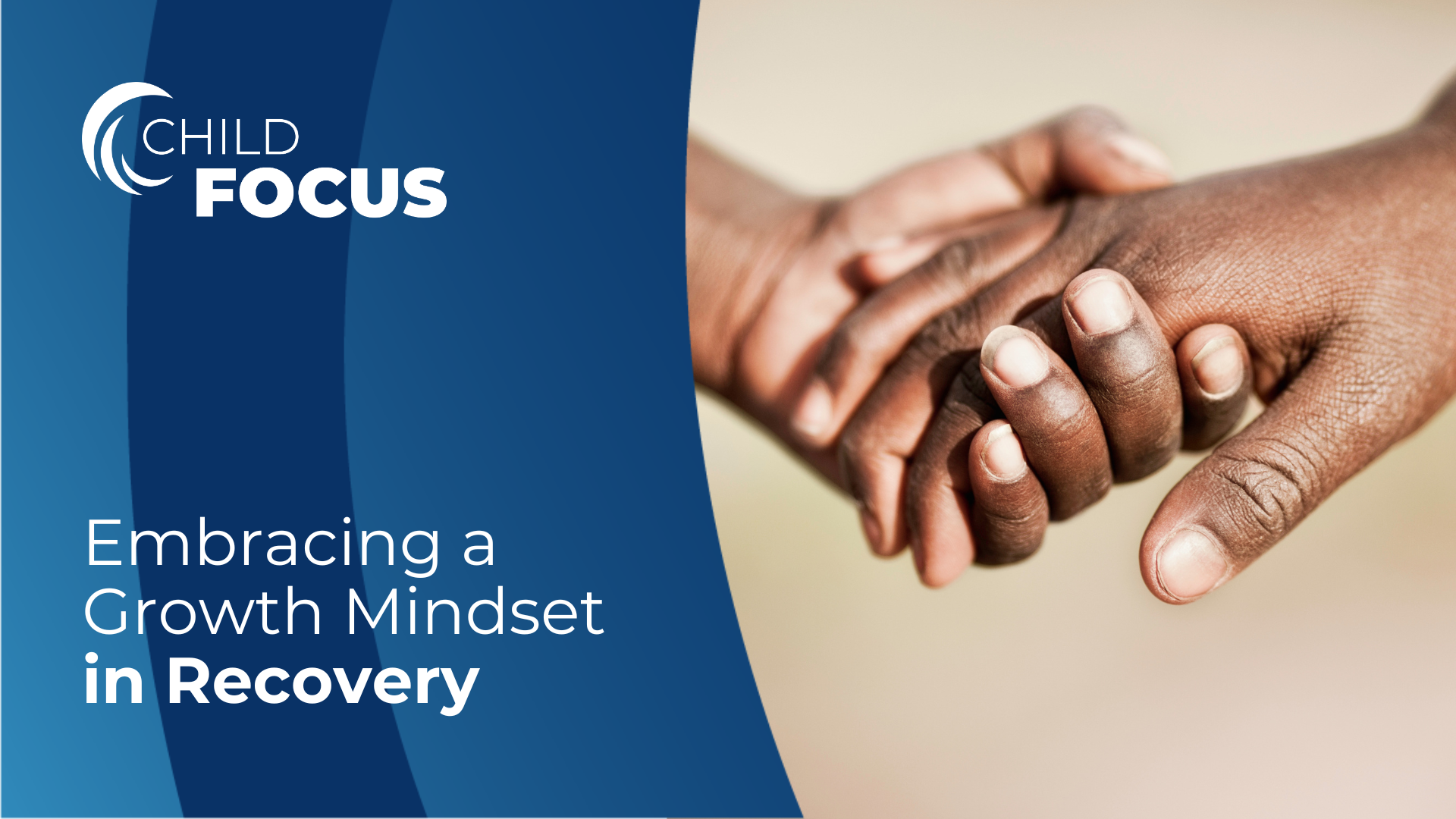Embracing a Growth Mindset in Recovery
Embracing a Growth Mindset in Recovery

Recovery from addiction and other challenges is a courageous and transformative journey. It requires dedication, perseverance, and a mindset that embraces growth and learning. In this blog, we will explore the concept of a growth mindset and how it can be applied specifically to the recovery journey.
Whether you are on the road to recovery, experiencing setbacks, or seeking a new approach, understanding and cultivating a growth mindset can make a significant difference in your recovery process.
In this blog post, we will talk more about the concept of a growth mindset, and how you can learn to see challenges as opportunities for growth.
What Does it Mean to Approach Recovery with a "Growth Mindset"?
At its core, a growth mindset involves viewing challenges as opportunities for personal growth and development. It is about recognizing that setbacks and difficulties are not roadblocks but rather stepping stones on the path to recovery.
By adopting a growth mindset, you can shift your perspective, empower yourself, and unlock your full potential for positive change.
How Do I Cultivate a Growth Mindset?
Cultivating a positive mindset starts with you. Oftentimes when people struggle with addiction, regaining mental strength is just as hard as any physical strength. Embracing change in recovery and a positive mindset are two of the most powerful tools you have at your disposal.
1. Reframing negative thoughts and embracing self-compassion.
In recovery, negative thoughts and self-criticism are major obstacles. Instead of dwelling on the past, reframe negative thoughts and work on self-compassion. Treat yourself with kindness and understanding, recognizing that recovery is a process and setbacks are growth opportunities.
Consider how you would treat another person who had gone through the same challenges as you. Would you berate them and admonish their progress, or would you encourage them to continue forward?
What is the importance of mind-body wellness? This blog tells you everything you need to know.
2. Reframe setbacks as learning experiences.
Setbacks are a natural part of the recovery journey. Rather than viewing setbacks as failures, embrace setbacks as valuable learning experiences which will help you on your road to recovery.
Determine what triggered the setback, identify areas for improvement, and find ways to prevent similar issues in the future. Every setback brings an opportunity for self-reflection, adjustment, and growth.
3. Reflect on the past.
Taking time to reflect on the past is one of the best ways to identify valuable insights and fuel personal growth. Reflect on past experiences, relationships, and patterns that may have contributed to addiction or mental health challenges and determine what you have done differently without ruminating on those experiences.
This self-reflection allows for increased self-awareness and provides a foundation for making positive changes in the present. When you can find areas of improvement from your past, it will make developing into the person you want to be more possible.
4. Set realistic goals for progress.
Setting realistic and achievable goals is crucial for maintaining motivation and measuring progress. When you break down your recovery journey into smaller, more manageable steps, it makes your progress feel less like one never-ending road, and more like several shorter journeys.
When you reach a milestone, be sure to set aside time to celebrate and reflect. No matter how small, each milestone signifies personal growth and positive change. Remember that progress is not always linear, and setbacks can serve as catalysts for renewed determination. When setbacks do occur, identify your key motivators and focus on the small goals you can achieve in the immediate present.
Home therapeutic activities can help you in your battle with mental health or addiction. Learn more in this blog!
Support Throughout Your Recovery with Child Focus
Recovering from mental health conditions and addiction are both very similar paths. They take a toll on us mentally and physically.
However, recovery is possible when you learn to embrace a growth mindset in recovery. Identifying and learning from our mistakes is the best way to develop resiliency to support sustainable efforts for success.
You don’t have to face the challenge of mental health conditions or addiction alone, there are resources available to you.
Child Focus offers adult counseling services for those struggling with addiction and mental health challenges in the Greater Cincinnati area. Recovery is possible. Take the next step when you reach out to Child Focus today!
For more tips from Child Focus follow us on Facebook, Instagram, and LinkedIn today!
Happy with the difference Child Focus has made in your life or the life of someone you care about? Leave us a quick review here!
